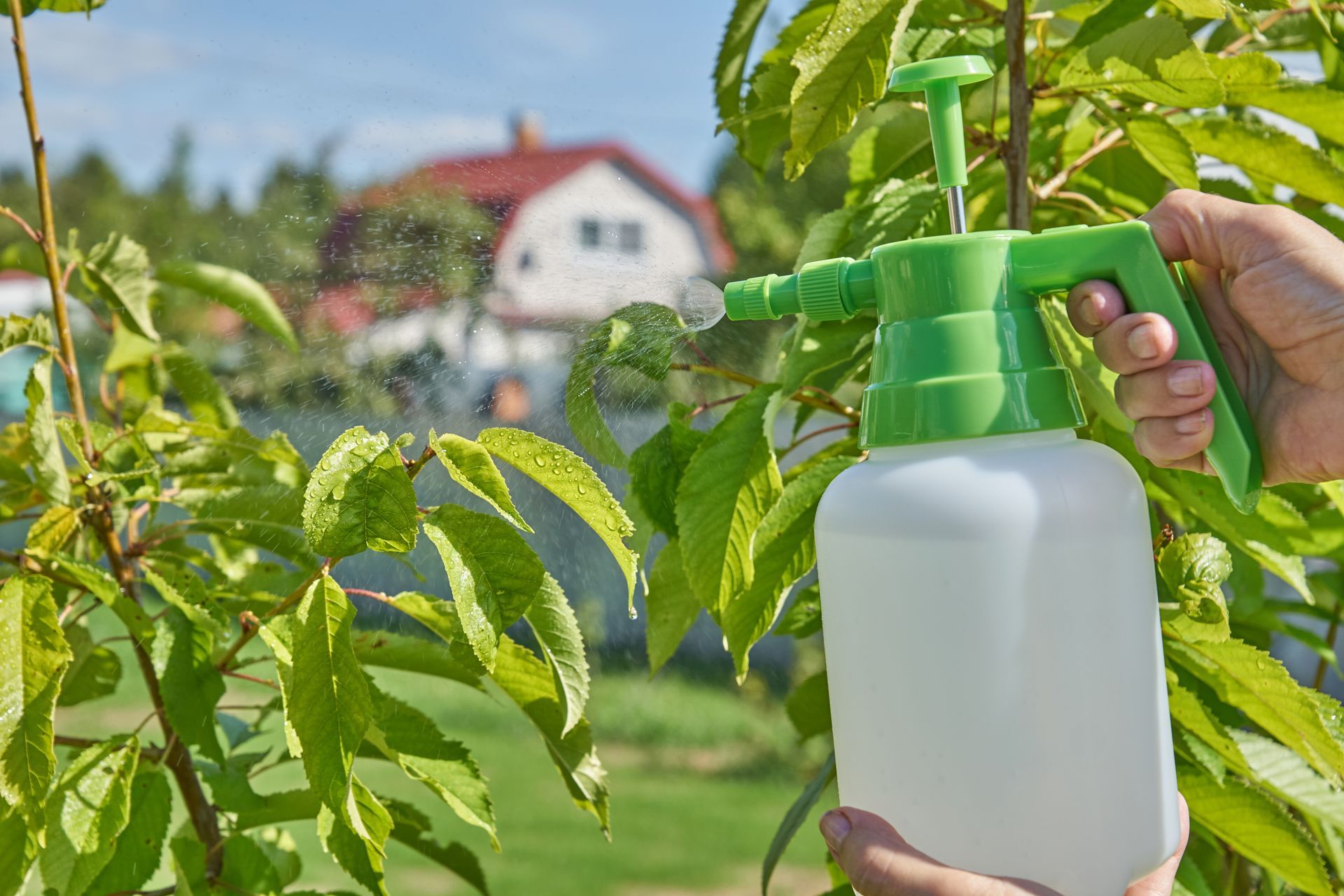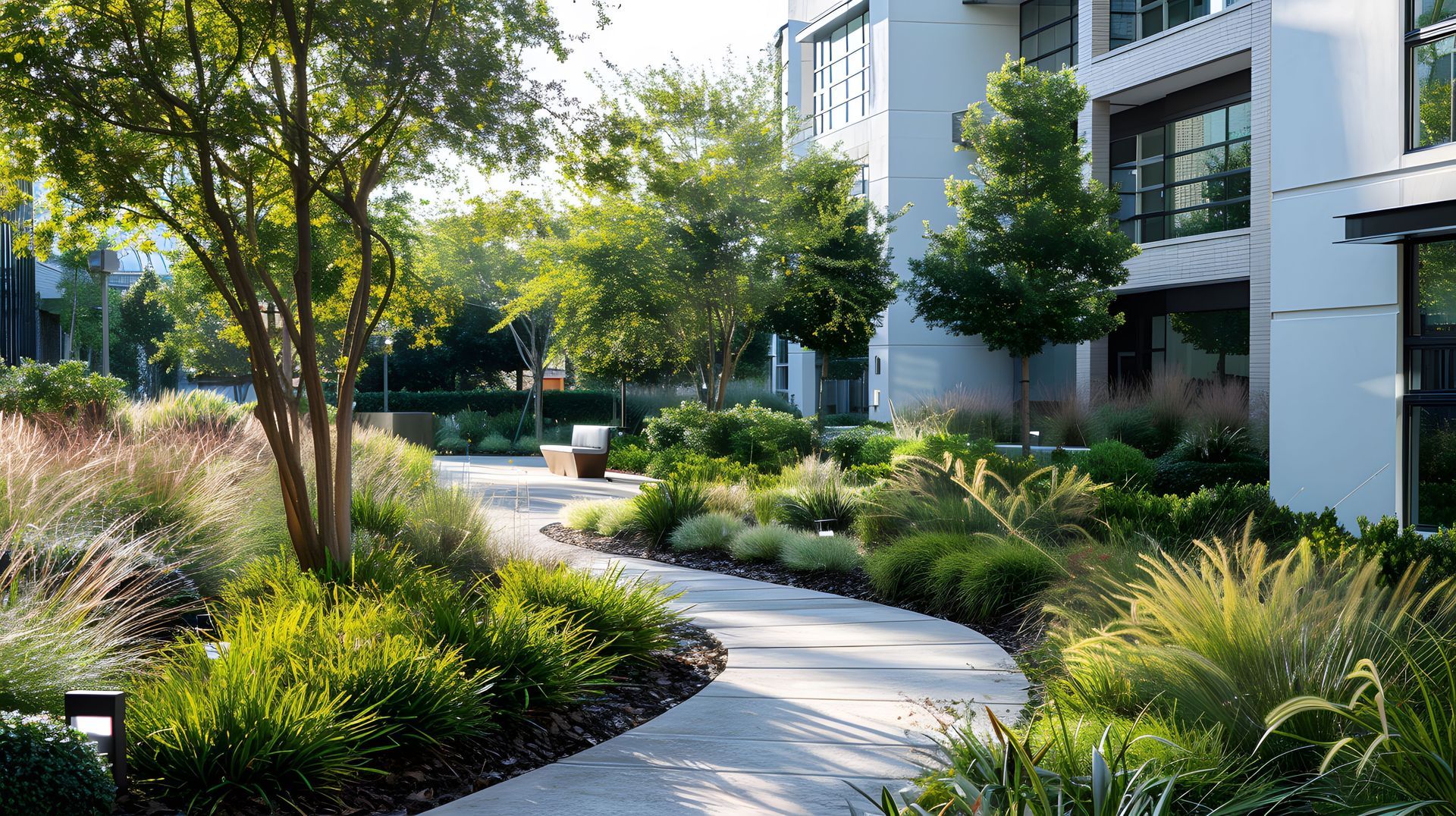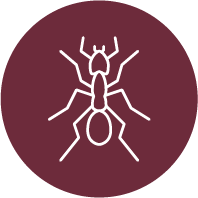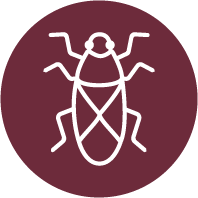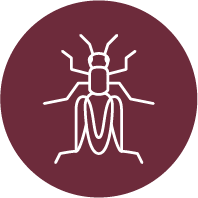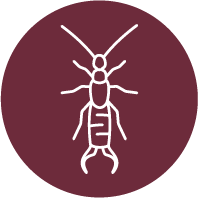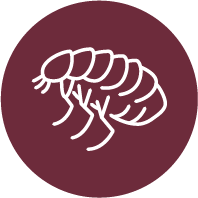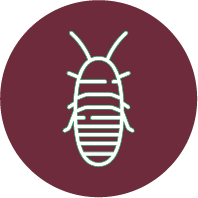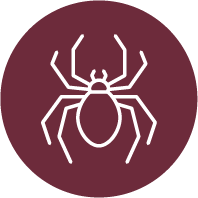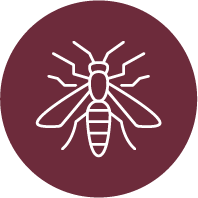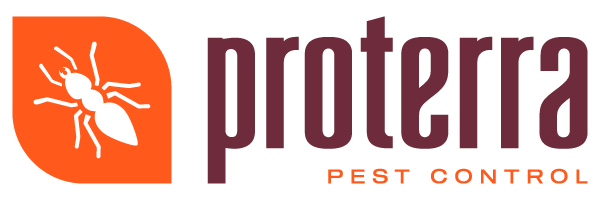Pest Prevention as a Resident Perk: Boosting Rental Appeal and Retention
In the competitive world of property management, standing out to prospective tenants is more important than ever. While amenities like updated appliances, fitness centers, and pet-friendly policies are often top of mind, one crucial yet often overlooked perk is a comprehensive pest prevention program. For both property owners and residents, pest control is far more than a maintenance task—it’s a vital service that enhances quality of life, protects property value, and plays a pivotal role in tenant satisfaction and retention.
Why Pest Prevention Matters in Rental Properties
When tenants search for a new place to call home, they weigh numerous factors: location, price, community atmosphere, and, increasingly, cleanliness and health standards. According to sources, pest control ranked among the top concerns for renters, especially in urban environments where infestations can spread quickly. Residents want assurance that their living spaces are free from pests such as cockroaches, ants, rodents, and bed bugs—not only for comfort but also for health and safety.
A proactive approach to pest management signals to potential tenants that a property owner or manager is invested in their well-being. It’s not just about dealing with problems as they arise—it’s about preventing them before they start. This forward-thinking philosophy can set your property apart in a crowded market, positioning pest prevention as a distinct and valuable resident perk.
The Link Between Pest Prevention and Tenant Retention
Retaining reliable tenants is just as important as attracting new ones. High turnover rates lead to increased costs from vacancy, advertising, and repairs. One of the most common reasons tenants cite for moving is dissatisfaction with property maintenance, including unresolved pest issues. In fact, studies show that timely pest control solutions are directly linked to higher rates of tenant satisfaction and longer lease renewals.
By investing in a robust pest prevention program, you show residents that you care about their comfort and security. This not only fosters positive relationships but also encourages tenants to remain in your property longer, reducing turnover and saving money in the long run.
Proterra’s Commitment: On-Call Services and Routine Inspections
At Proterra Pest Control, we understand that every property is unique, and so are its pest control needs. Our approach goes beyond routine spraying—our team is available on-call to respond to urgent tenant concerns, ensuring prompt resolution of any pest issues that arise. Rapid response times are critical; when residents report a problem, they want to feel heard and see action taken quickly. Our commitment to fast communication and effective solutions is a cornerstone of our service.
Regular site inspections are another key component of our pest prevention strategy. Rather than waiting for a crisis, our experienced technicians conduct thorough, scheduled checks to identify and address potential pest entry points or conditions conducive to infestations. This proactive monitoring dramatically reduces the likelihood of widespread problems and gives both property managers and tenants peace of mind.
Empowering Residents with Education
Pest prevention is most successful when it’s a collaborative effort between property managers and residents. That’s why Proterra provides educational materials designed to empower tenants with the knowledge they need to maintain a pest-free environment. From tips on proper food storage and waste disposal to guidance on recognizing early signs of infestation, our resources help residents play an active role in protecting their homes.
Education not only prevents pest problems from taking root but also builds trust between management and tenants. When residents understand the steps being taken—and their own role in the process—they are more likely to cooperate, report issues promptly, and feel a greater sense of community responsibility.
The Value of Eco-Friendly and Responsible Pest Control
Today’s renters are increasingly eco-conscious, seeking properties that demonstrate responsible environmental stewardship. At Proterra, we prioritize sustainable pest management practices that protect both people and the planet. Our methods focus on targeted treatments, exclusion techniques, and ongoing prevention, ensuring effective results without unnecessary chemical exposure.
By adopting these environmentally responsible strategies, property owners can appeal to a growing segment of tenants who value green living. According to a National Housing Conference survey, over 60% of renters said eco-friendly amenities and services influence their leasing decisions. Pest prevention that aligns with these values becomes not just a maintenance service, but a powerful marketing tool.
Communication: The Key to Resident Satisfaction
Clear, transparent communication is essential for keeping residents happy and informed. At Proterra, we make it easy for tenants to report pest concerns and receive timely updates on resolution progress. This open line of communication helps residents feel valued and reassured—a factor proven to improve overall satisfaction and encourage lease renewals.
Additionally, proactive communication about upcoming inspections, seasonal pest risks, and available educational resources ensures that residents are always in the loop. This approach demonstrates a commitment to tenant well-being and reinforces the perception of pest prevention as a premium amenity.
Pest Prevention: A Competitive Edge for Property Owners
Incorporating a comprehensive pest prevention program into your property’s amenity package can provide a significant competitive advantage. In a market where renters have countless choices, demonstrating a commitment to their health, safety, and comfort is key. Pest control isn’t just about avoiding problems—it’s about enhancing quality of life and building a strong, positive reputation for your property.
At Proterra Pest Control, we help property owners and managers turn pest prevention into a standout feature that attracts and retains quality tenants. Our on-call services, routine inspections, and resident education empower communities to live pest-free—making your property a place residents are proud to call home.
Ready to boost your property’s appeal and retention rates? Contact Proterra Pest Control today to learn how our resident-focused pest prevention programs can help you achieve your goals and set your property apart.
